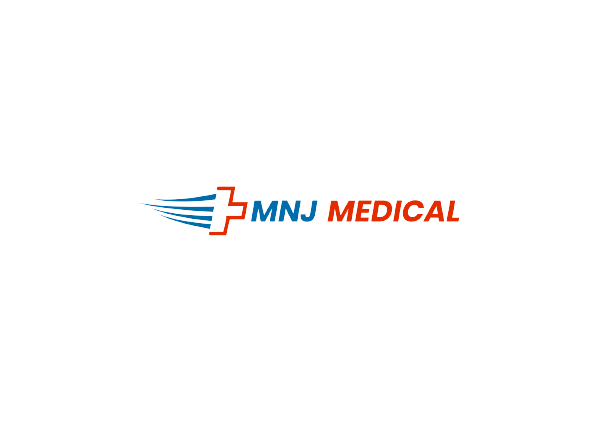Navigating medical appointments can be challenging, especially for individuals with disabilities. Handicap transportation services play a crucial role in ensuring these journeys are safe, comfortable, and stress-free. Let’s explore how these specialized transportation options make a difference in the lives of those who rely on them.
Understanding the Importance of Handicap Transportation
Handicap transportation provides essential support for people with disabilities who need to attend medical appointments. These services ensure that mobility challenges do not become a barrier to accessing healthcare, thus promoting better health management and independence.
In addition to facilitating access to healthcare, handicap transportation also bolsters the overall well-being of individuals with disabilities. By ensuring regular attendance at medical appointments, these services minimize disruptions in crucial treatments and follow-ups. This is vital for managing chronic conditions and preventing health complications. Moreover, accessible transportation options help reduce the stress and anxiety that can come with navigating public or traditional transportation, which may not be equipped to accommodate their needs safely.
Features That Enhance Safety and Comfort
Specialized vehicles equipped with ramps, lifts, and securement systems cater to a variety of mobility devices, ensuring that patients are transported safely. These features are designed to accommodate wheelchairs and other aids, providing peace of mind for both passengers and their families.
Each trip is carefully orchestrated to maximize comfort, from the moment passengers are picked up until they reach their destination. Vehicles are equipped with state-of-the-art technology to ensure a smooth ride, reducing the risk of discomfort for those who might be sensitive to sudden movements or vibrations. Additionally, advanced scheduling systems are employed to prioritize comfort and privacy, scheduling pickups at convenient times as well as minimizing the time spent on the road. These considerations demonstrate a commitment to the passengers’ well-being, aligning with the broader goal of providing an accessible transportation option that feels not only functional but also nurturing to those who rely upon it.
Training and Expertise of Transportation Personnel
Drivers and staff working in handicap transportation services are trained to handle the unique needs of their passengers. Their knowledge extends beyond navigation, as they are skilled in assisting with boarding, securing mobility devices, and ensuring a safe journey.
The expertise of the personnel is not limited to the physical aspects of the journey. They are also trained in effective communication skills, ensuring passengers’ questions and concerns are addressed promptly and with empathy. For instance, understanding the specific needs of a person using a wheelchair versus a walker can make a significant difference in how services are provided. This adaptability showcases a level of care that is essential in building trust and comfort with each passenger, particularly during medical commutes where anxiety can sometimes be heightened. Additionally, ongoing training initiatives help staff stay informed about the latest accessibility technologies and best practices in patient care.
Ensuring Timely and Reliable Transportation
Reliability is key when it comes to medical appointments. Handicap transportation services prioritize punctuality and consistency, ensuring that individuals reach their healthcare providers on time without added stress.
To ensure reliability, transportation services leverage technology to monitor real-time traffic conditions and make necessary adjustments to routes as needed. This helps in avoiding unexpected delays and ensuring prompt service. Moreover, their scheduling systems are designed to provide accurate estimated times of arrival, allowing patients to plan their day around their appointments effectively. Consistent and reliable service helps reinforce confidence in these transportation options, illustrating their commitment to reducing the barriers often faced by those who depend on mobility aids.
The Role of Community Support and Resources
Community organizations often collaborate with handicap transportation services to provide additional resources and support. This collaboration enhances access to medical care and ensures that transportation services are kept running smoothly and efficiently.
These partnerships are pivotal in creating a robust network of support. Local initiatives, often funded by government grants or private donations, are integrated to subsidize costs and extend services to those in need. This collective effort enriches the service offerings by providing specialized vehicles, training programs for drivers, and conducting outreach programs to educate the community about the availability and benefits of handicap transportation. Community involvement also opens doorways for feedback loops, where passengers and their families can contribute insights and suggestions, promoting continuous improvement and adaptation to changing needs.
Empowering and Safe Medical Travels
Handicap transportation services are more than just a ride; they are an essential component of accessible healthcare. With their dedicated support, individuals with disabilities can experience the safety and independence required for medical travel, promoting better health outcomes and quality of life.

